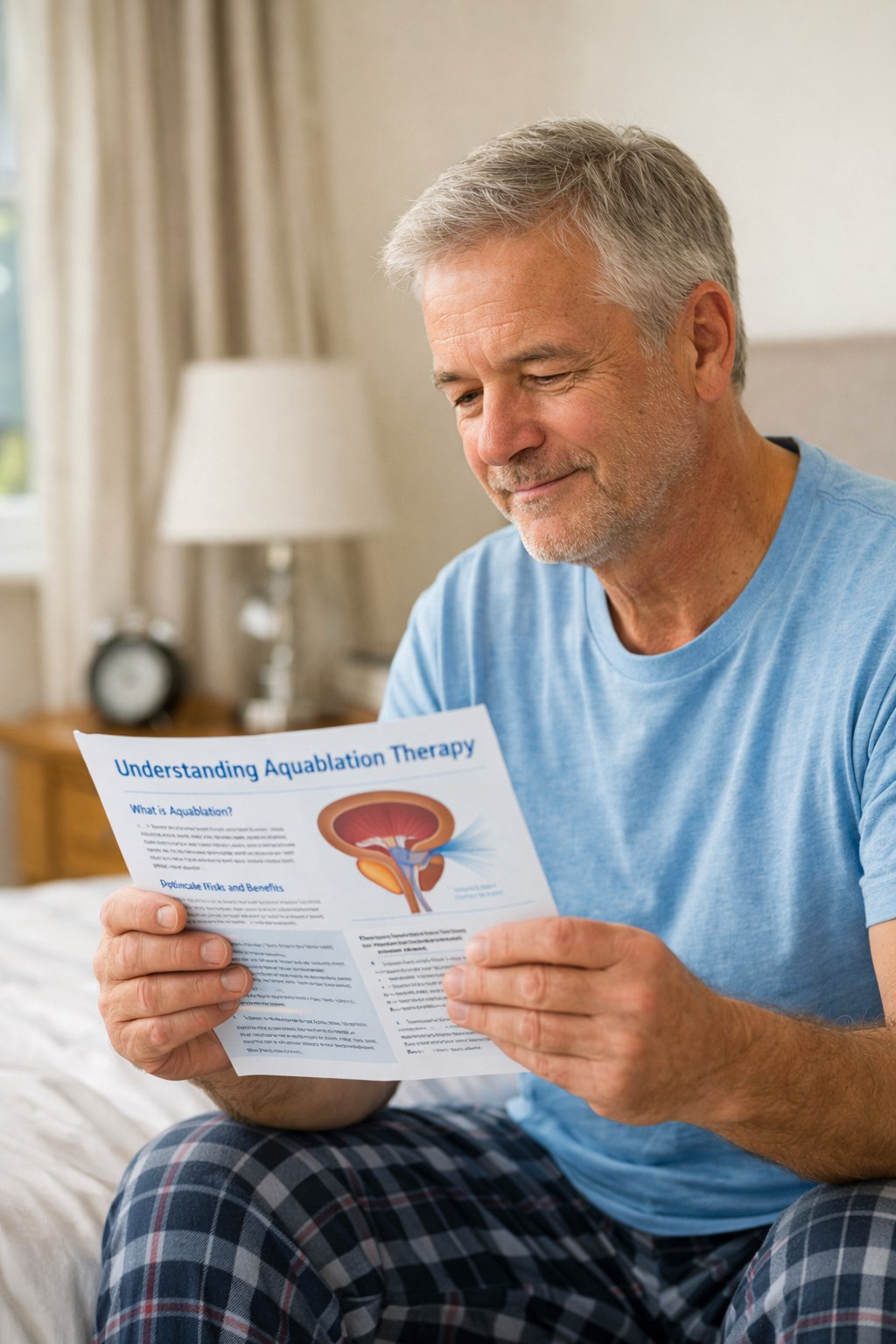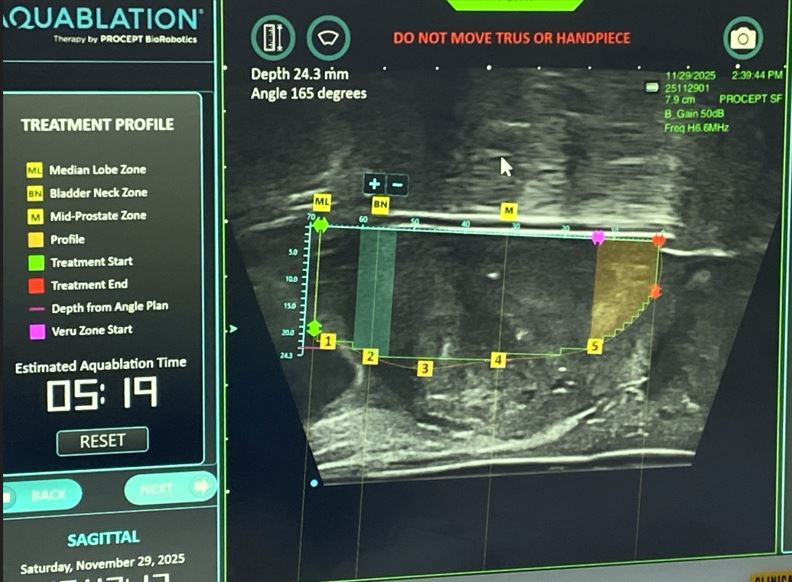The term "King Charles" has recently become synonymous with Benign Prostatic Hyperplasia (BPH) treatment, following the United Kingdom's King Charles's own experiences with the condition. This article aims to demystify BPH, explore conventional and natural treatment options, and humanise the condition, emphasising that it affects men from all walks of life, including royalty.
What is Benign Prostatic Hyperplasia (BPH)?
Benign Prostatic Hyperplasia, commonly known as BPH, is an enlargement of the prostate gland, leading to uncomfortable urinary symptoms. It's a condition most prevalent in men over 50 and is not indicative of prostate cancer. Symptoms can include;
· difficulty starting to urinate
· weak urine stream
· the feeling that the bladder isn't empty
The "King Charles" Connection
Recently, King Charles of the United Kingdom underwent treatment for BPH, bringing unprecedented attention to a condition many men suffer in silence. His openness about the treatment shines a light on a common, yet seldom discussed, health issue among ageing men. This royal reference has made its way into consultations, with many patients humorously inquiring if they "need a King Charles."
Natural Remedies for an enlarged Prostate
While conventional treatments are effective, some men prefer exploring natural remedies either in conjunction with medical treatments or as an initial step before opting for medical or surgical treatment:
· Saw Palmetto: An herb that may help reduce BPH symptoms, though studies have mixed results.
· Beta-Sitosterol: A plant sterol that might improve urine flow and reduce the amount of urine left in the bladder.
· Pygeum: Derived from the bark of the African plum tree, it may alleviate urinary symptoms caused by BPH.
· Pumpkin Seeds: Rich in zinc and omega-3 fatty acids, which can help reduce prostate size and alleviate BPH symptoms.
· Stinging Nettle: Combined with other natural remedies, it may relieve symptoms like reduced urinary flow, incomplete emptying of the bladder, and post-urination dripping.
It is important to note that research has not proven beyond reasonable doubt that these are effective as standard recognised treatment so care should be taken when deciding.
Medications to help you pee better
· Alpha-blockers: Relax bladder neck muscles and muscle fibres in the prostate, making urination easier.
· 5-alpha-reductase inhibitors: Reduce prostate size and alleviate symptoms by blocking hormonal changes.
Surgical Procedures
These are considered when medical treatment options have not improved your emptying of the bladder.
Transurethral Resection of the Prostate (TURP): Removes excess prostate tissue to ease urine flow.
Laser Therapy: Uses lasers to remove or shrink excess tissue.
Minimally Invasive Treatments: Techniques like UroLift or Rezūm offer alternatives to traditional surgery with less recovery time.
Aquablation: uses waterjet to remove the obstructive enlarged prostate
The Human Aspect of BPH
The conversation around BPH is changing, thanks to high-profile cases like King Charles's. It's a reminder that health issues do not discriminate by status or wealth and that there is strength in sharing and discussing health concerns. By addressing BPH openly, we can destigmatise the condition, encouraging more men to seek the help they need.
Advice from a urology expert
Whether undergoing a "King Charles" procedure or exploring natural remedies, the most critical step is recognising and addressing the symptoms of BPH. Regular check-ups, open conversations with healthcare providers, and informed decisions about treatment options are crucial to managing this widespread condition. Remember, seeking treatment for BPH is a sign of strength, not weakness.


